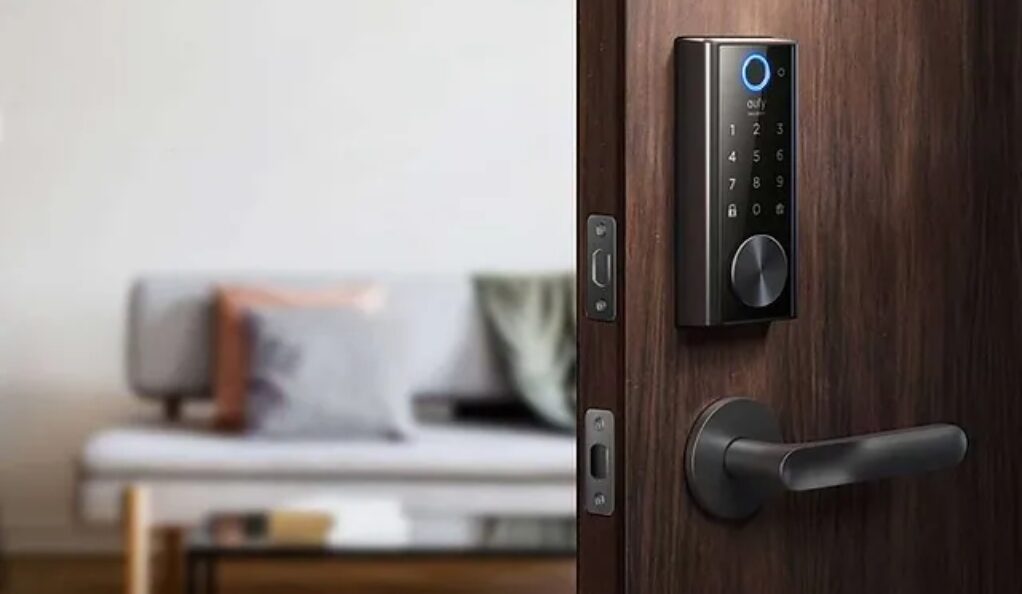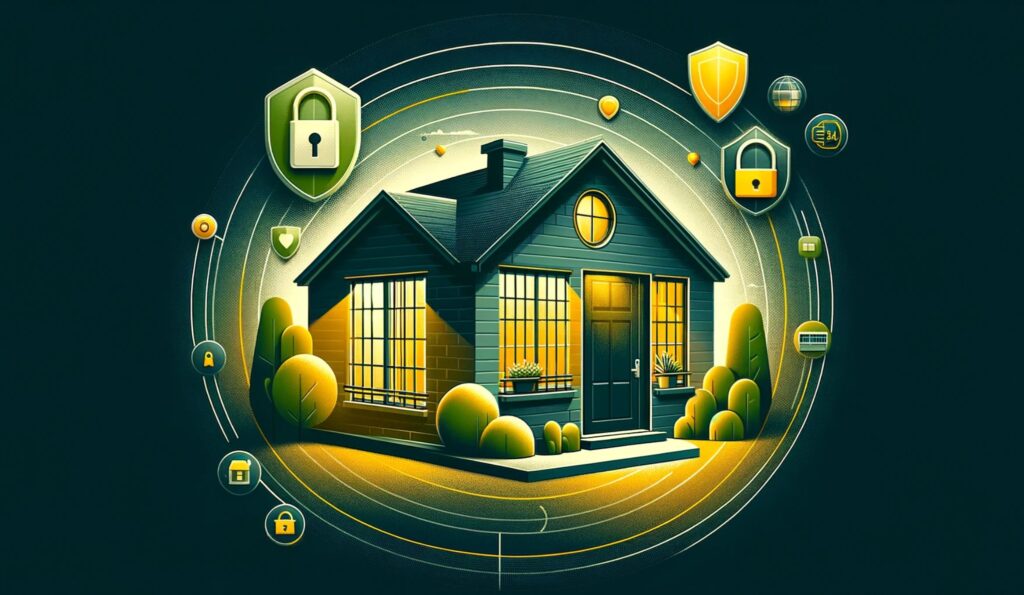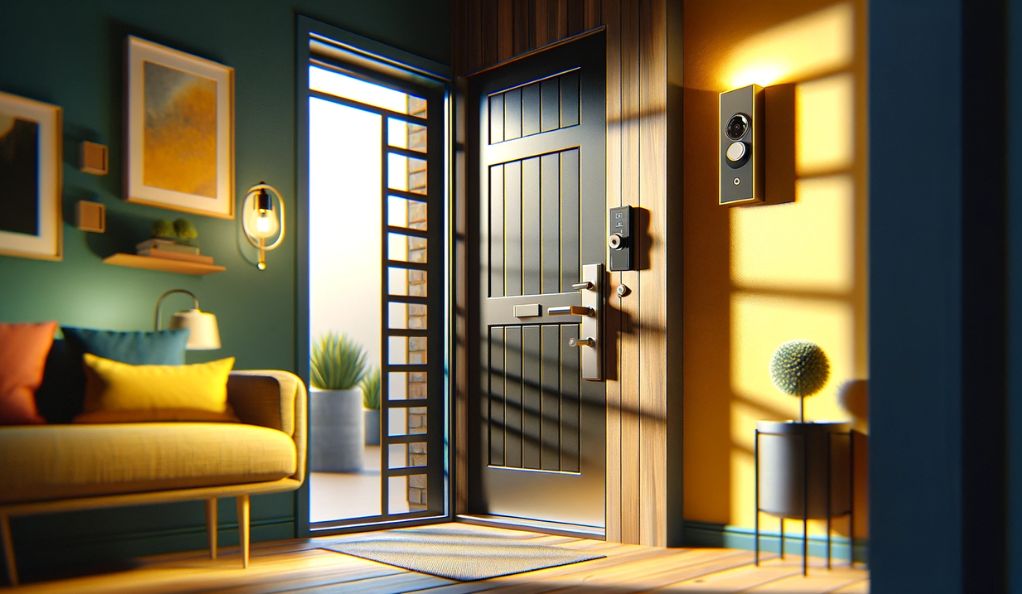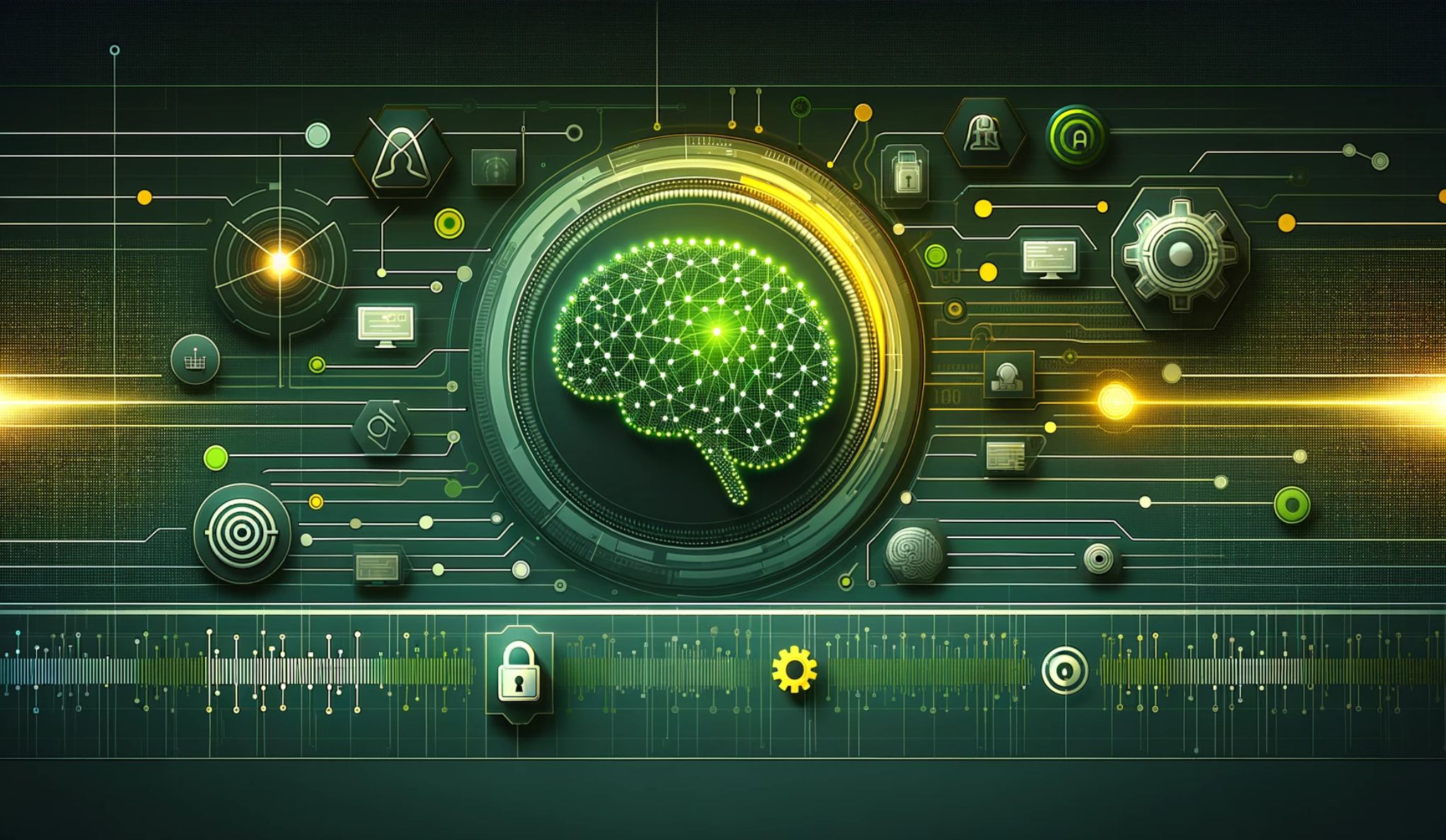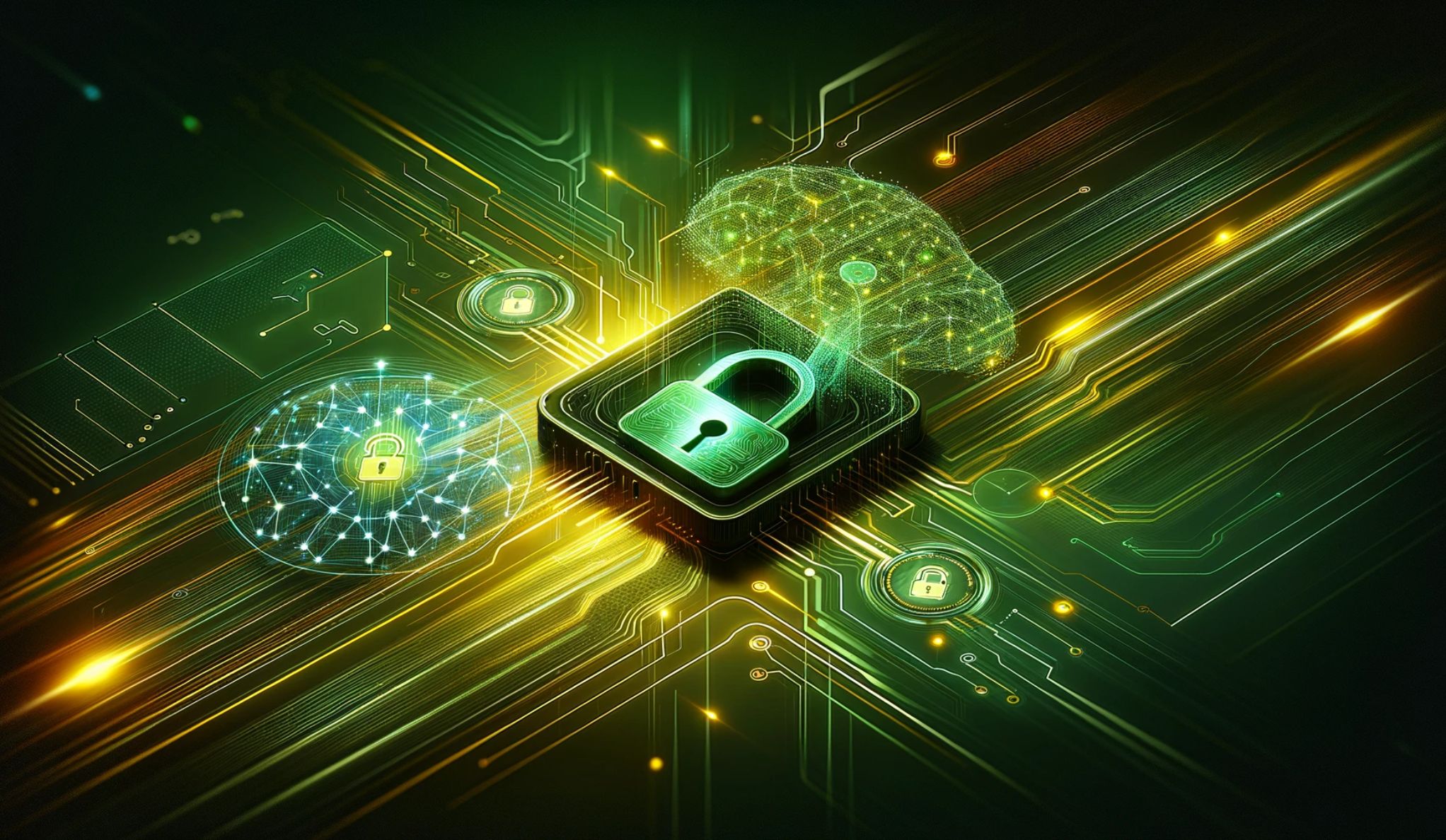Introduction to Smart Locks
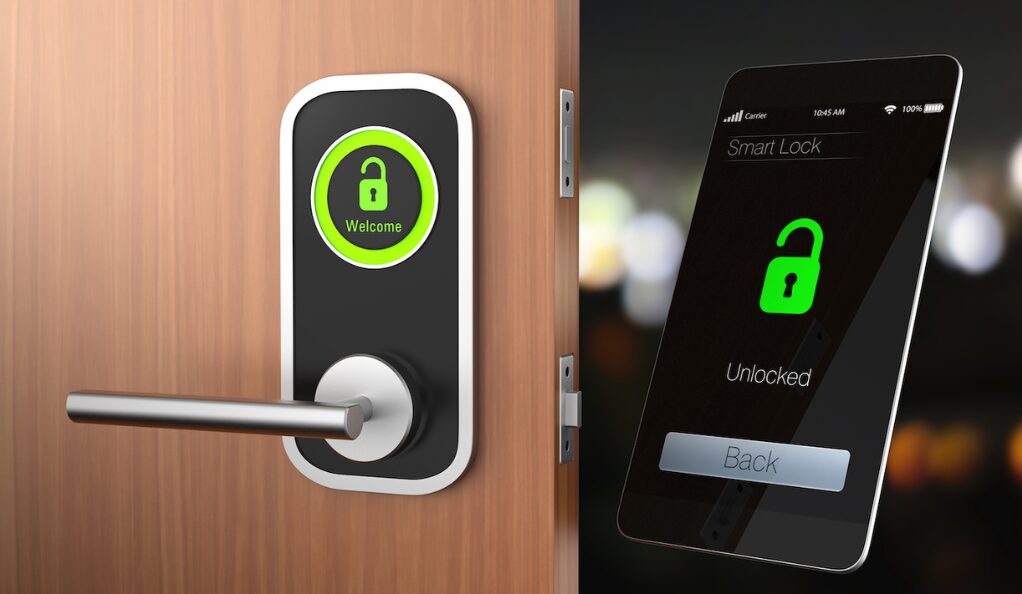
The concept of home security has evolved dramatically with the advent of smart technology, and at the forefront of this evolution are smart locks. These innovative devices have transformed the way we think about securing our homes, offering a blend of convenience, control, and enhanced security features that traditional locks simply cannot match. In this section, we’ll delve into what smart locks are, their fundamental technology, and why they’ve become an essential component of modern home security.
What Are Smart Locks?
Smart locks are electromechanical devices that lock and unlock doors upon receiving instructions from an authorized device using a wireless protocol and a cryptographic key to execute the authorization process. They offer a new level of control and accessibility, allowing users to manage their locks remotely through their smartphones or other devices. This technology not only adds convenience but also enhances security by providing real-time alerts and tracking access history.
Key Technologies Behind Smart Locks
Smart locks utilize a range of technologies to provide enhanced security and user convenience:
- Wireless Communication Protocols: Most smart locks connect to home networks via Wi-Fi, Bluetooth, Zigbee, or Z-Wave. Each protocol offers different ranges and power efficiencies, with Wi-Fi and Bluetooth being the most common due to their ubiquity in modern homes.
- Encryption and Security: To ensure secure communication, smart locks use advanced encryption methods. This prevents unauthorized access and keeps your home safe from digital intruders.
- Integration with Smart Home Systems: Many smart locks are designed to work seamlessly with existing smart home ecosystems, allowing for integrations with devices like smart cameras, doorbells, and voice assistants.
Why Smart Locks?
The rise in smart lock adoption can be attributed to several factors:
- Enhanced Security: Unlike traditional locks, smart locks offer advanced features like remote locking/unlocking, access logs, and unique user codes. This not only makes them more secure but also provides a detailed overview of who accesses your home and when.
- Convenience: With features like keyless entry, remote access, and the ability to grant temporary access to visitors, smart locks eliminate the need for physical keys, making them incredibly convenient for everyday use.
- Smart Home Integration: As part of the broader smart home ecosystem, smart locks can be programmed to work in tandem with other devices, creating a more cohesive and automated home security system.
The increasing popularity of smart locks is evident in the growing market trends and consumer adoption rates. As of 2024, over 12 million homes in the U.S. have installed smart locks, reflecting their rapidly growing acceptance.
The Evolution of Home Security: How Smart Locks are Changing the Game
The landscape of home security has been revolutionized by smart locks, which have rapidly evolved from simple keyless entry systems to sophisticated, interconnected security devices. This transformation is driven by advancements in technology and a growing emphasis on home automation and interconnected devices.
Advancements in Smart Lock Technology
Smart locks have undergone significant advancements in recent years. Early models offered basic features like keyless entry and the ability to lock or unlock doors remotely. Today’s smart locks, however, are far more advanced. They integrate with home automation systems, support voice commands, provide real-time alerts, and even include features like geofencing, which automatically locks or unlocks the door based on your location.
Impact on Home Security
The impact of smart locks on home security is profound. Traditional locks rely solely on physical keys, which can be lost, stolen, or duplicated. Smart locks, however, add layers of security:
- Personalized Access Control: Smart locks allow homeowners to create unique access codes for different individuals, offering controlled access based on specific needs and schedules.
- Real-Time Monitoring: Many smart locks provide real-time notifications and activity logs, offering homeowners insights into who is entering or leaving their home.
- Enhanced Security Features: Advanced encryption, tamper alerts, and compatibility with security systems make smart locks a formidable barrier against unauthorized access.
Exploring the Latest Smart Lock Features
With continuous innovation, modern smart locks now boast a plethora of features designed for convenience and enhanced security.
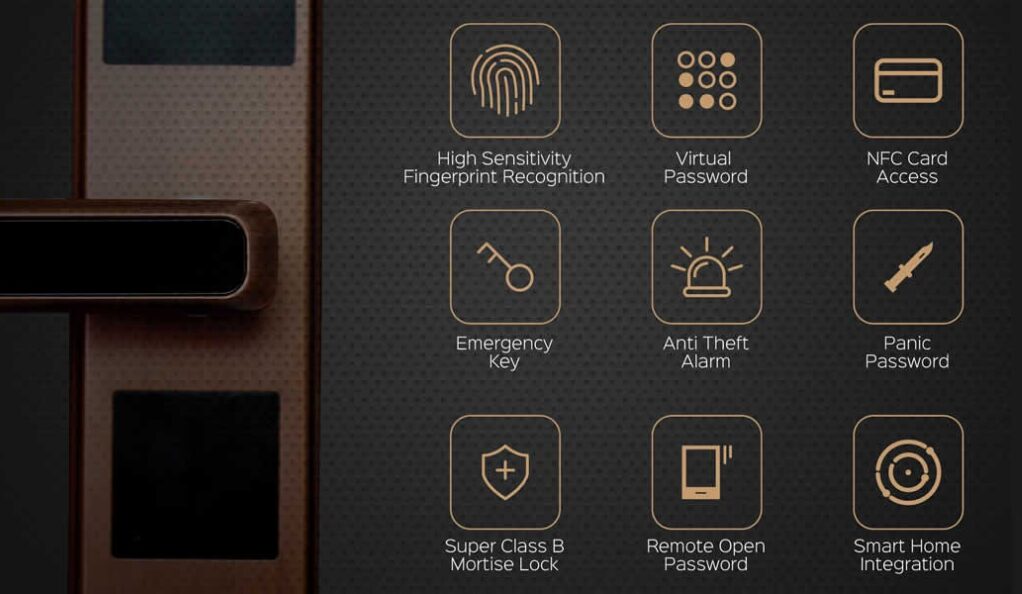
Remote Access and Monitoring
One of the most appealing features of smart locks is the ability to control and monitor them remotely. This means you can lock or unlock your door from anywhere, receive notifications of door activity, and even see who is coming and going in real-time.
Integration with Smart Home Devices
Smart locks are not standalone devices; they are part of a larger smart home ecosystem. They can be integrated with devices like smart cameras, alarms, and voice assistants like Alexa or Google Assistant, providing a more cohesive and automated experience.
Advanced Security Protocols
Modern smart locks use robust security measures such as encryption algorithms, anti-pick technology, and tamper-proof sensors. These features ensure a high level of protection against break-ins and unauthorized access.
Top Smart Lock Models of 2024
The current market offers a diverse range of smart locks, each with unique features catering to different needs and preferences.
- Level Home Inc. Level Bolt Modern Smart Lock: Known for its seamless integration with other smart home devices and secure encryption algorithms.
- KUCACCI Keyless Entry Modern Smart Door Lock: Offers keyless entry with fingerprint recognition and a built-in anti-peep feature.
- Smart Lock with Apple Home Keys: Ideal for Apple ecosystem users, offering integration with HomeKit and remote access through Siri.
- CATCHFACE Smart Door Lock Keyless: Features face recognition technology and a night vision camera for enhanced security.
- Philips Fingerprint Modern Door Lock: Combines fingerprint recognition with a stylish matte black design.
- Dermum Smart Lock, Keyless Entry Modern Door Lock: Offers multiple access options and integration with voice assistants like Alexa.
The Market and Future Trends in Smart Locks
The smart lock market is rapidly growing, driven by increasing safety concerns and the adoption of smart home technologies. The market is characterized by innovation and competition among key players like August Inc., Yale Locks & Hardware, and Allegion PLC. Recent trends include the development of over-the-air remotely charged smart locks and integration with technologies like Apple’s Home keys.
Future Trends
Looking ahead, the smart lock industry is poised to see advancements in areas like biometric technology, IoT integration, and more robust cybersecurity measures to counteract potential hacking threats.
Security Considerations and Best Practices
While smart locks offer enhanced security, they are not impervious to threats. It’s crucial to adopt best practices to maximize their security potential:
- Strong Passwords and Encryption: Use strong, unique passwords for your smart locks and ensure your home network is secured with robust encryption.
- Regular Updates: Keep the smart lock’s firmware updated to protect against security vulnerabilities.
- Physical Security Measures: In addition to smart locks, employ physical security measures like security cameras and alarm systems for comprehensive protection.
Making the Right Choice: How to Select the Best Smart Lock for Your Needs
Choosing the right smart lock requires considering several factors:
- Door Type and Compatibility: Ensure the smart lock fits your door type and is compatible with your home’s existing hardware.
- Connectivity: Choose a smart lock that supports your preferred wireless protocol (Wi-Fi, Bluetooth, etc.) and integrates well with your smart home system.
- Features and Budget: Consider the features you need, like remote access, integration capabilities, and security protocols, and select a model that fits your budget.
Conclusion
In conclusion, smart locks represent a transformative leap in home security, blending technological innovation with user convenience. They not only offer robust protection but also integrate seamlessly into the modern smart home ecosystem, elevating the security and management of home access. As we move forward, the evolving landscape of smart locks promises to bring even more advanced features, ensuring that our homes remain safe and accessible in an increasingly connected world. This guide has aimed to provide a comprehensive overview of smart locks in 2024, from their features and market trends to security considerations, helping you make an informed choice for your home security needs.

